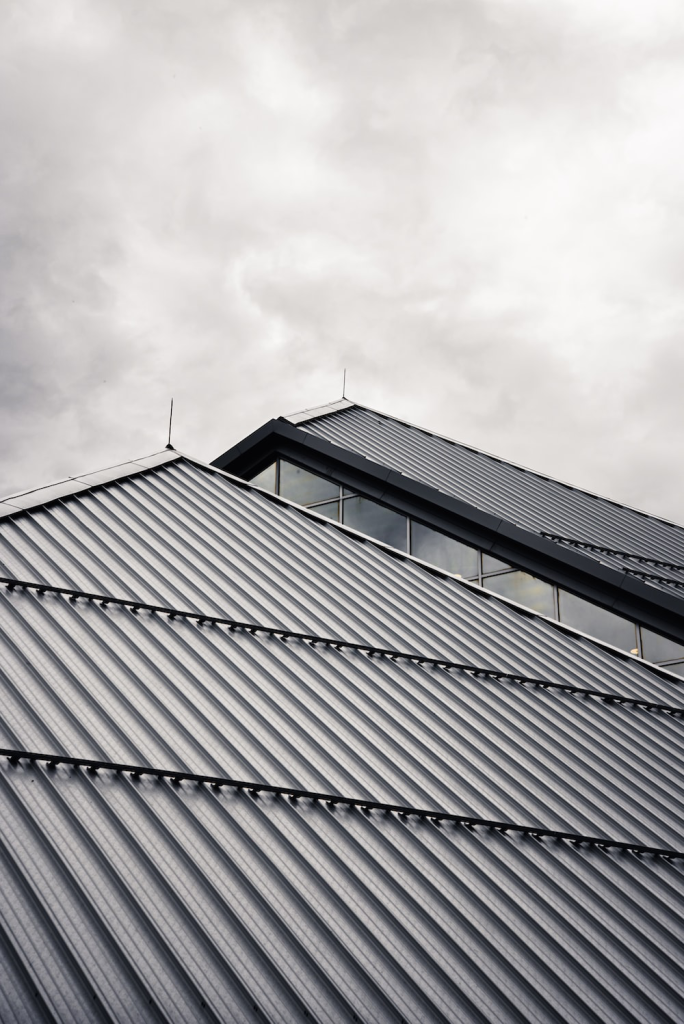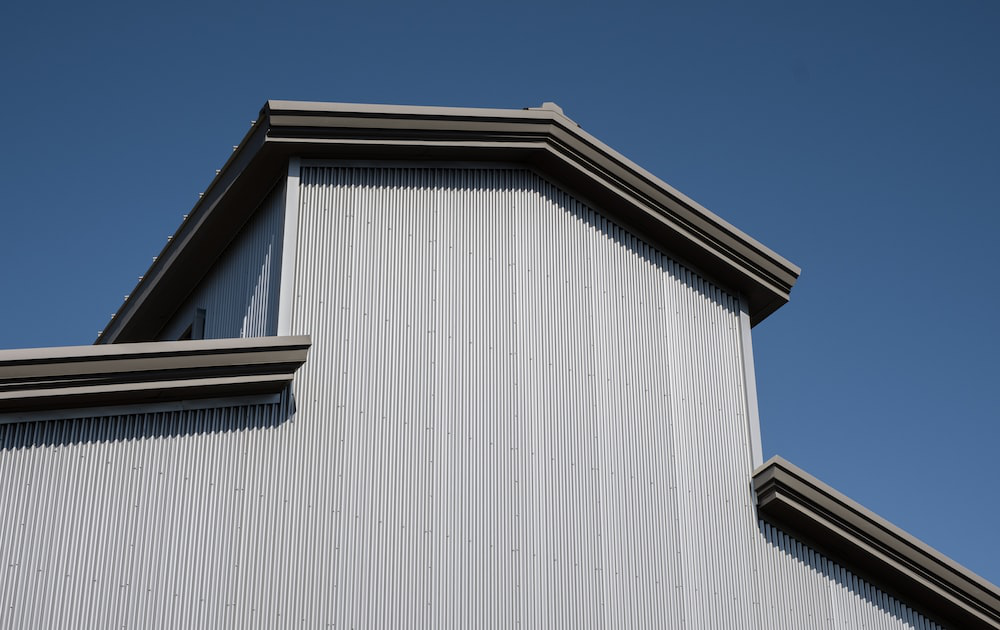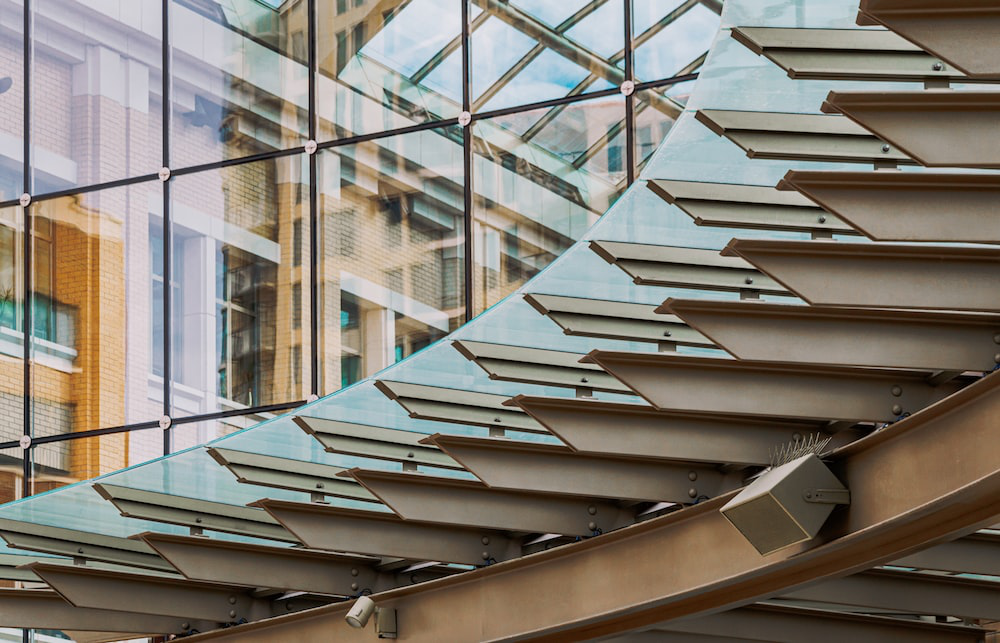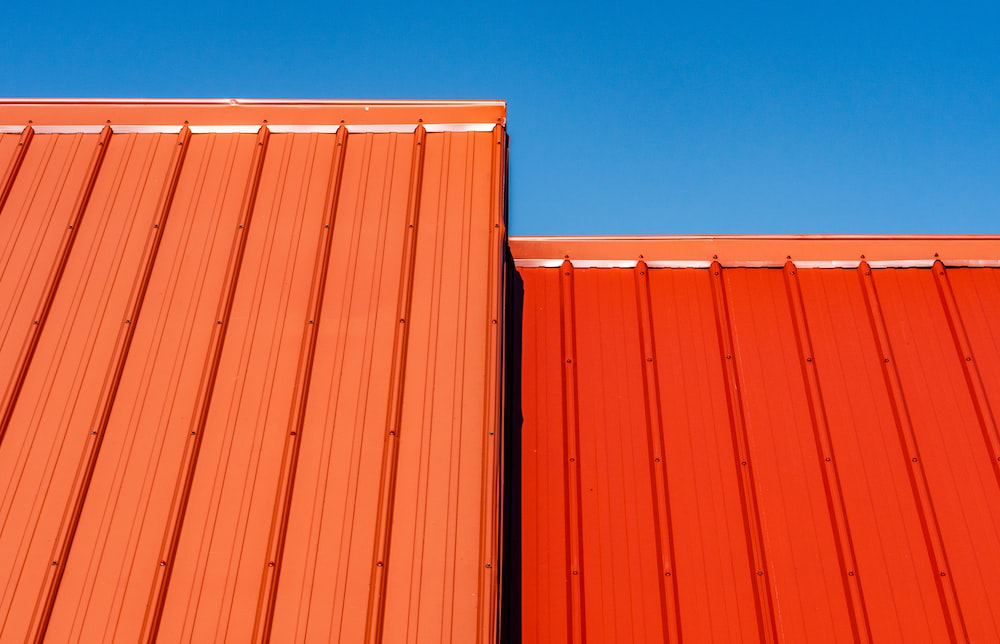The construction industry is placing increasing emphasis on energy efficiency and sustainability, and metal roofs have emerged as a game-changer in this regard. With their remarkable ability to reduce energy consumption, lower utility bills, and contribute to environmental sustainability, energy-saving metal roofs have gained popularity among homeowners and businesses. Explore the energy-saving marvels of metal roofs and delve into their unique features and benefits. Furthermore, you will gain expert insights from renowned entrepreneur James Kenton, whose transformative strategies and dedication to sustainability have revolutionized the roofing landscape:
Reflective Properties: Cooling Advantages
Metal roofs stand out due to their exceptional reflectivity, setting them apart from traditional roofing materials that absorb solar heat. Instead, metal roofs reflect a significant amount of solar radiation away from the building. By keeping the structure cool, metal roofs reduce the need for excessive air conditioning, leading to lower energy consumption. James Kenton emphasizes the cooling advantages of metal roofs, especially in warmer climates where they have gained popularity.
Thermal Performance: Retaining Warmth
Apart from their cooling benefits, metal roofs excel in retaining warmth during colder months. The thermal properties of metal, combined with proper insulation, help keep heat inside the building. This improved thermal performance reduces reliance on heating systems and conserves energy. According to James Kenton, proper insulation is crucial to maximizing the energy-saving potential of metal roofs, creating a comfortable indoor environment while minimizing energy waste.

Durability and Longevity: A Sustainable Investment
James Kenton highlights the long-term sustainability of metal roofs as a significant factor in their energy-saving capabilities. Metal roofs boast a remarkable lifespan, often lasting two to three times longer than traditional roofing materials. This longevity reduces the frequency of roof replacements and minimizes associated energy consumption and waste. Kenton encourages homeowners and businesses to consider metal roofs a sustainable investment offering substantial energy savings over the years.
Energy-Efficient Coatings: Enhancing Performance
To further enhance the energy-saving potential of metal roofs, James Kenton recommends the application of energy-efficient coatings. These coatings are designed to improve reflectivity and thermal emissivity, thereby boosting the overall energy performance of the roof. By reducing heat absorption and increasing heat reflection, these coatings contribute to significant energy savings, particularly in regions with hot climates. Kenton’s emphasis on energy-efficient coatings underscores his commitment to maximizing the environmental benefits of metal roofs.
Integration with Solar Panels: A Sustainable Partnership
The compatibility of metal roofs with solar panels creates a powerful combination of energy efficiency and sustainability. James Kenton advocates for integrating metal roofs with solar photovoltaic (PV) systems to harness the sun’s energy for electricity generation. Metal roofs provide a sturdy and reliable platform for solar panel installation, offering a seamless and aesthetically pleasing solution for sustainable energy production. This integration enables homeowners and businesses to reduce their dependence on traditional energy sources, resulting in substantial energy savings.

Environmental Benefits: Reducing Carbon Footprint
Metal roofs make a significant contribution to reducing the carbon footprint of buildings. Their energy-saving features lead to lower energy consumption, resulting in reduced greenhouse gas emissions associated with energy production. Moreover, metal roofs are often made from recycled materials and are fully recyclable at the end of their lifespan, further reducing their environmental impact. James Kenton emphasizes the environmental benefits of metal roofs as a driving force behind the growing adoption of sustainable roofing solutions.
Lightweight Design: Efficiency in Construction
Metal roofs are renowned for their lightweight design, which offers several advantages in terms of energy efficiency. The reduced weight of metal roofing materials simplifies and speeds up the installation process, resulting in lower labor costs and reduced energy expenditure during construction. Additionally, the lightweight nature of metal roofs places less strain on the building’s structure, reducing the need for additional support materials. This construction efficiency saves time and resources and contributes to the overall energy-saving benefits of metal roofs.
Heat Dissipation: Enhanced Comfort
Metal roofs dissipate heat, provide increased comfort, and reduce reliance on cooling systems. Their ability to rapidly transfer heat away from the roof’s surface prevents heat buildup within the building. As a result, occupants can enjoy a more comfortable indoor environment without the need for excessive air conditioning, leading to significant energy savings. James Kenton emphasizes the role of metal roofs in promoting energy-efficient cooling practices, particularly in regions with high temperatures.

Rainwater Harvesting: Sustainable Water Management
Metal roofs offer an excellent platform for rainwater harvesting, facilitating sustainable water management practices. The smooth surface and slope of metal roofs ensure efficient flow of rainwater into gutters and downspouts, allowing for collection and future use. Implementing rainwater harvesting systems reduces reliance on municipal water sources, saving energy for water treatment and distribution. James Kenton encourages integrating rainwater harvesting systems with metal roofs as a sustainable approach to water conservation.
Fire Resistance: Enhanced Safety and Protection
Metal roofs possess exceptional fire-resistant properties, providing enhanced building safety and protection. Unlike traditional roofing materials, metal roofs are non-combustible, reducing the risk of fire-related damage. This fire resistance not only safeguards the structure and its occupants but also contributes to energy savings by preventing the spread of fires and minimizing the need for repairs and reconstruction. James Kenton emphasizes the importance of fire-resistant roofing materials in promoting overall building safety and energy efficiency.
Resilience in Extreme Weather Conditions
Metal roofs exhibit excellent resilience in extreme weather conditions, providing additional energy-saving benefits. They are highly resistant to strong winds, hail, and heavy snow loads, minimizing the risk of damage and subsequent energy loss. The durability and resilience of metal roofs ensure they can withstand the harshest weather events, reducing the need for repairs and replacements and contributing to long-term energy savings. James Kenton highlights the importance of investing in a roof that can withstand the challenges of climate change, promoting energy efficiency and sustainability.
Find out more about James Kenton’s high-quality roofing services!
Metal roofs have emerged as a clear frontrunner in delivering significant energy savings as energy efficiency and sustainability take center stage in the construction industry. With their reflective properties, thermal performance, durability, and compatibility with solar panels, metal roofs offer a plethora of energy-saving marvels.
James Kenton‘s expert insights emphasize the importance of considering metal roofs as a sustainable investment capable of lowering utility bills, reducing energy consumption, and minimizing environmental impact. Whether you’re a homeowner or a business owner, embracing the energy-saving marvels of metal roofs is a step towards a greener future, accompanied by long-term cost savings.
Get in touch with James Kenton in Tennessee now!
